Academy awards seven new Leverhulme Trust Research Fellowships

The Royal Academy of Engineering has announced seven outstanding engineering researchers as recipients of its prestigious Leverhulme Trust Research Fellowships. They will work on a wide variety of engineering projects, from sustainable coastal protection and reducing air pollution in cities to AI-driven developments in healthcare.
The Fellowships, which are supported by the Leverhulme Trust, allow awardees to focus on full-time research for up to a year by covering the costs of a replacement academic to take over their teaching and administrative duties. This not only allows mid-career engineers to reinvigorate their research interests, but it also gives other junior academics an opportunity to gain valuable teaching and administrative experience.
Professor Stephen McLaughlin FREng FRSE, Chair of the Leverhulme Trust Research Fellowships selection panel, said: “Academic career progression can result in increased administrative and teaching commitments, at the expense of the time available for personal research projects. The Leverhulme Trust Research Fellowships are awarded to enable mid-career academics to focus on such projects by relieving them of additional workload responsibilities.
“I am very pleased to see such a diverse range of topics covered by this year’s awards, from tackling environmental issues such as coastal protection, CO2 emissions and air pollution, to developing and improving healthcare provision. These are research projects that could deliver significant benefits to society and the economy.”
The full list of 2020/21 Royal Academy of Engineering Leverhulme Trust Research Fellows is as follows:
- Dr Christopher Edwin Blenkinsopp, University of Bath
Dynamic Revetments: Sustainable coastal protection by working with nature
- Dr Mahsa Derakhshani, Loughborough University
Machine learning solutions for scalable, mission-critical wireless networks
- Dr Suhaib Fahmy, University of Warwick
Accelerated Distributed Machine Learning for Real World Systems
- Dr Carolina Font-Palma, University of Chester
ICED: Integrated Cryogenic separation for CO2 Emissions Decrease
- Dr Alison Jones, University of Leeds
Engineering tools for analysis of impingement in the human hip joint
- Dr William Andrew McMullan, University of Leicester
City-scale air pollution; from simulation to virtual reality
- Dr Barbara Villarini, University of Westminster
AI-Driven Organ Reconstruction and Morphological Features Extraction from Medical Images
Notes for editors
- The Leverhulme Trust was established by the Will of William Hesketh Lever, the founder of Lever Brothers. Since 1925, the Trust has supported grants and scholarships for research and education. Today, The Leverhulme Trust is one of the largest all-subject providers of research funding in the UK, distributing over £60m a year. The Trust provides funding across a range of academic disciplines such as arts, sciences, engineering and social sciences, with an aim of supporting talented individuals to realise their personal vision in research and professional training.
Details of researchers awarded RAEng/Leverhulme Trust Research Fellowships since 2012 are available here: RAEng/Leverhulme Trust Research Fellowships
- The Royal Academy of Engineering is harnessing the power of engineering to build a sustainable society and an inclusive economy that works for everyone. In collaboration with our Fellows and partners, we’re growing talent and developing skills for the future, driving innovation and building global partnerships, and influencing policy and engaging the public. Together we’re working to tackle the greatest challenges of our age.
For more information please contact:
Pippa Cox at the Royal Academy of Engineering
T: 020 7766 0745
E: Pippa Cox


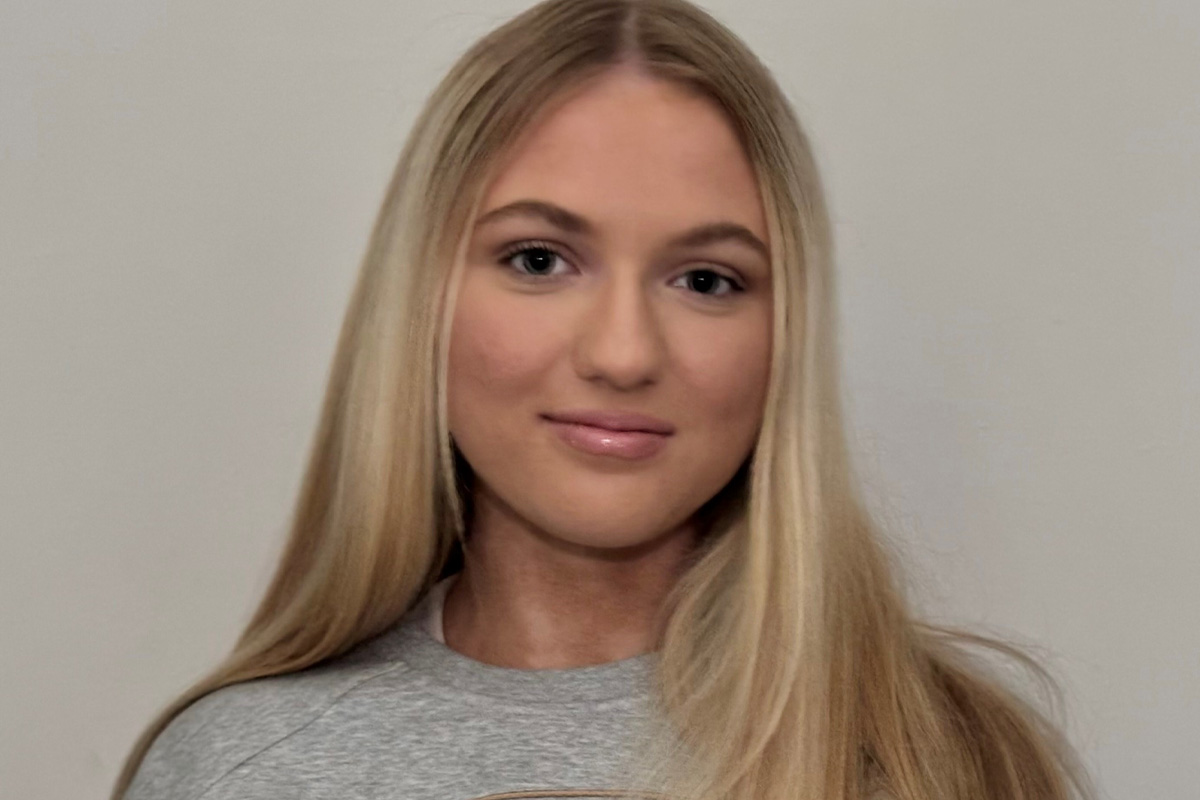
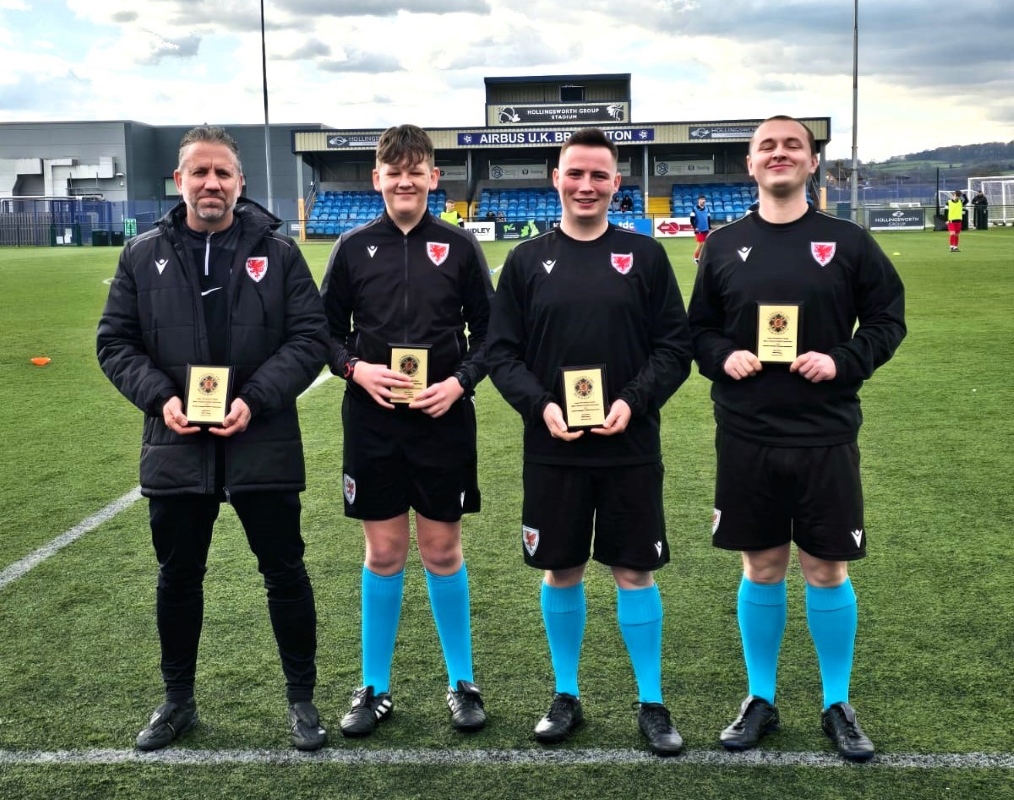
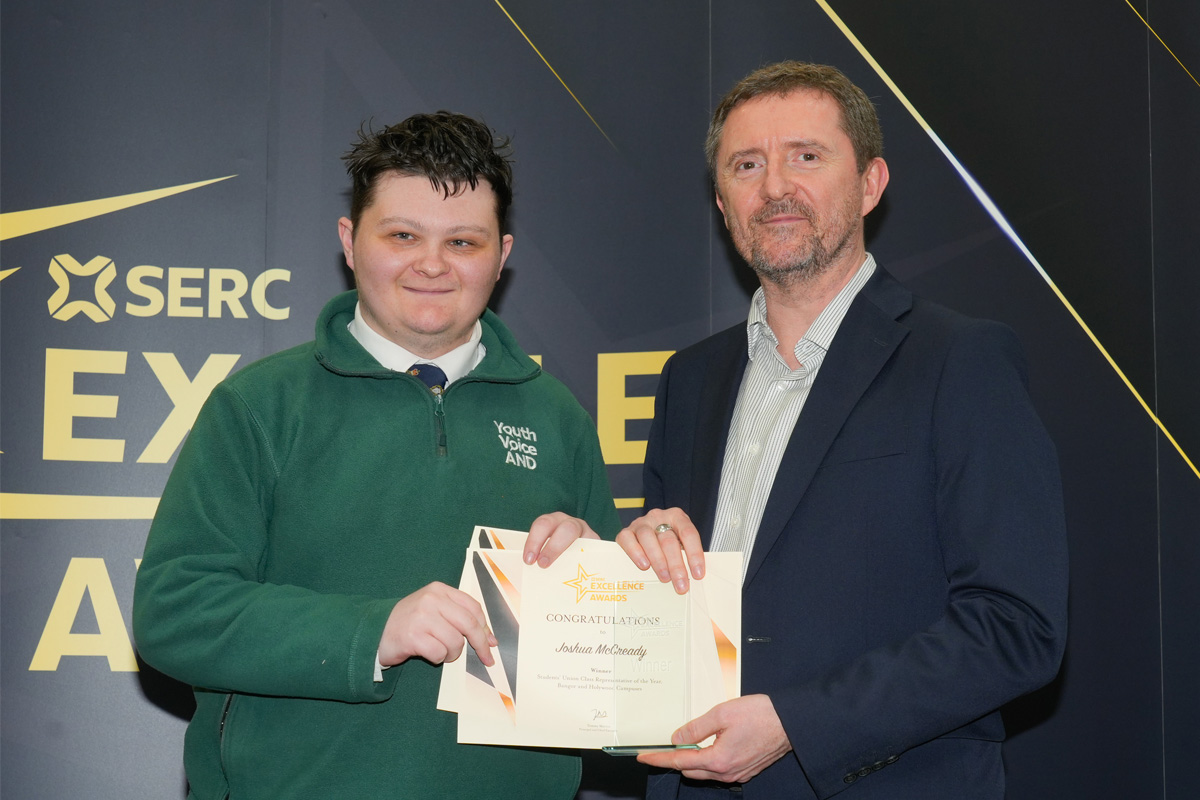
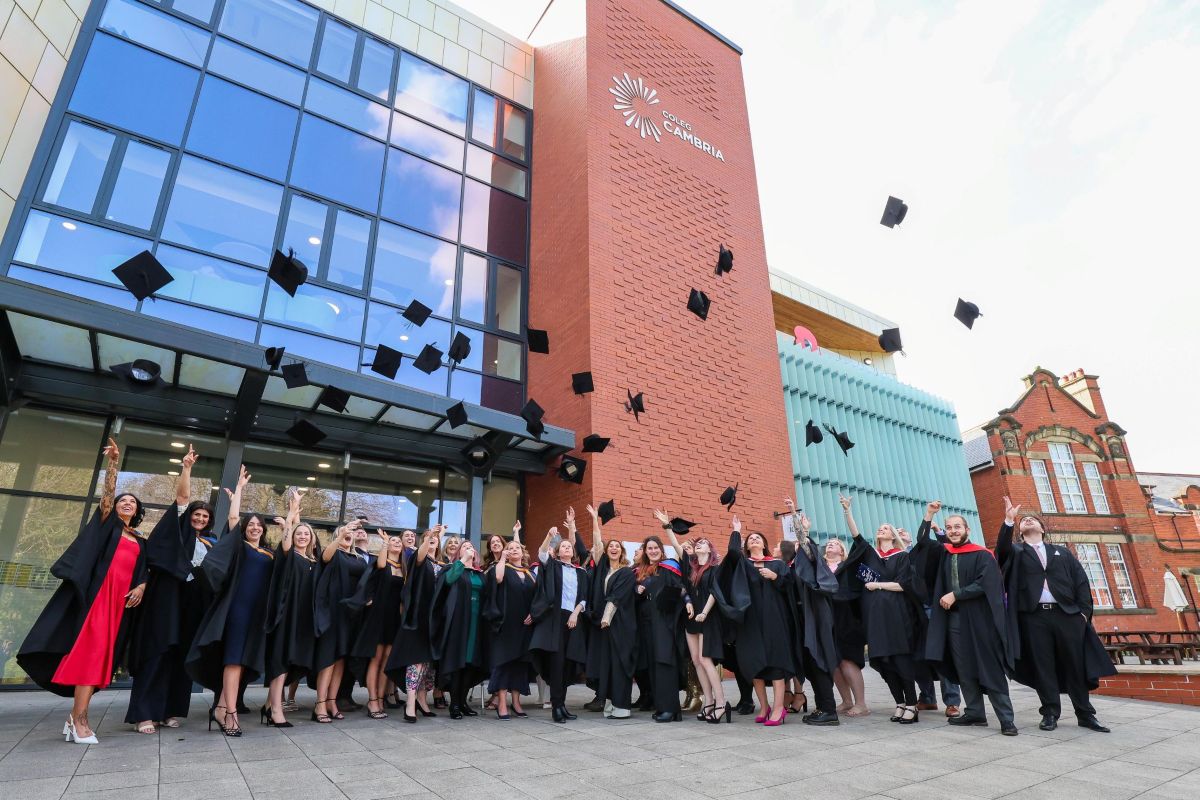
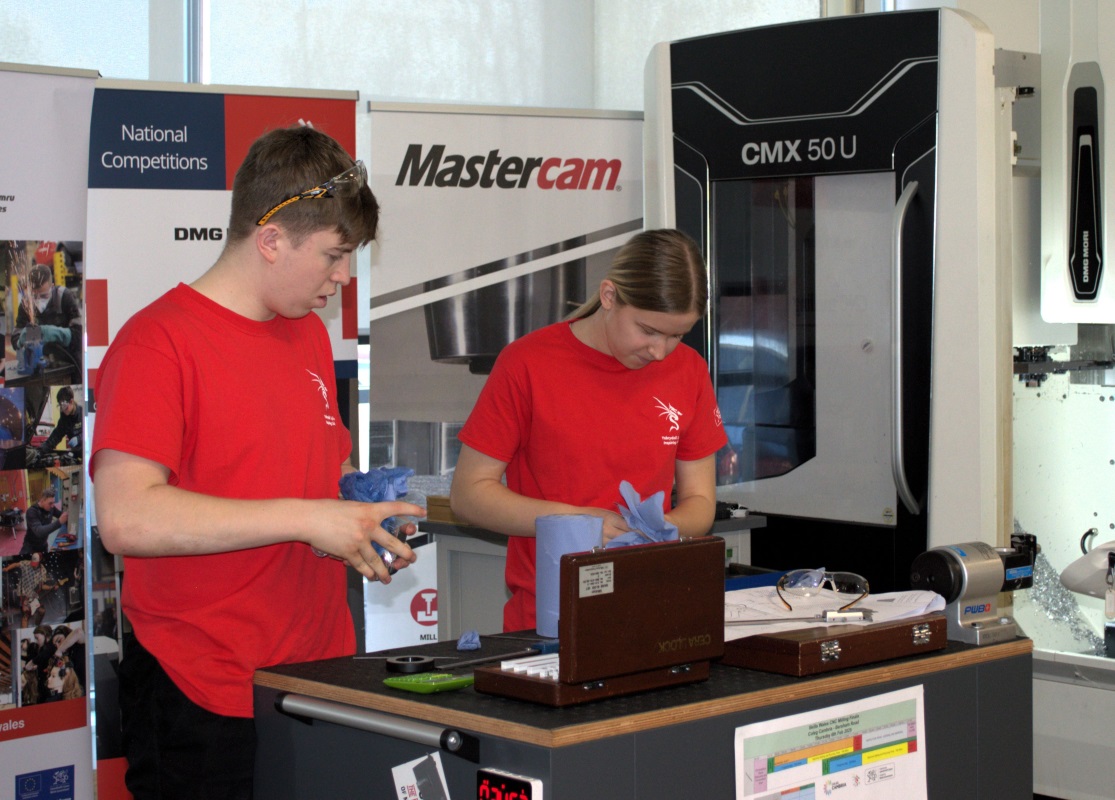
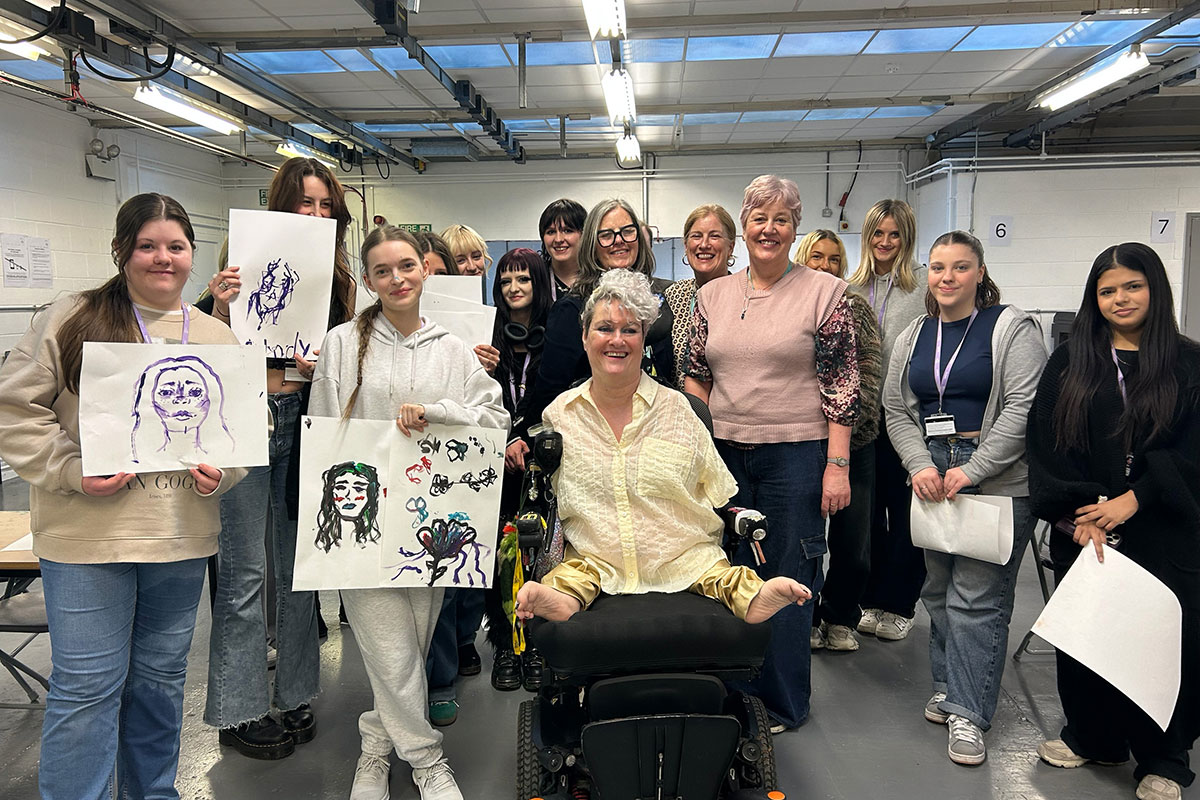
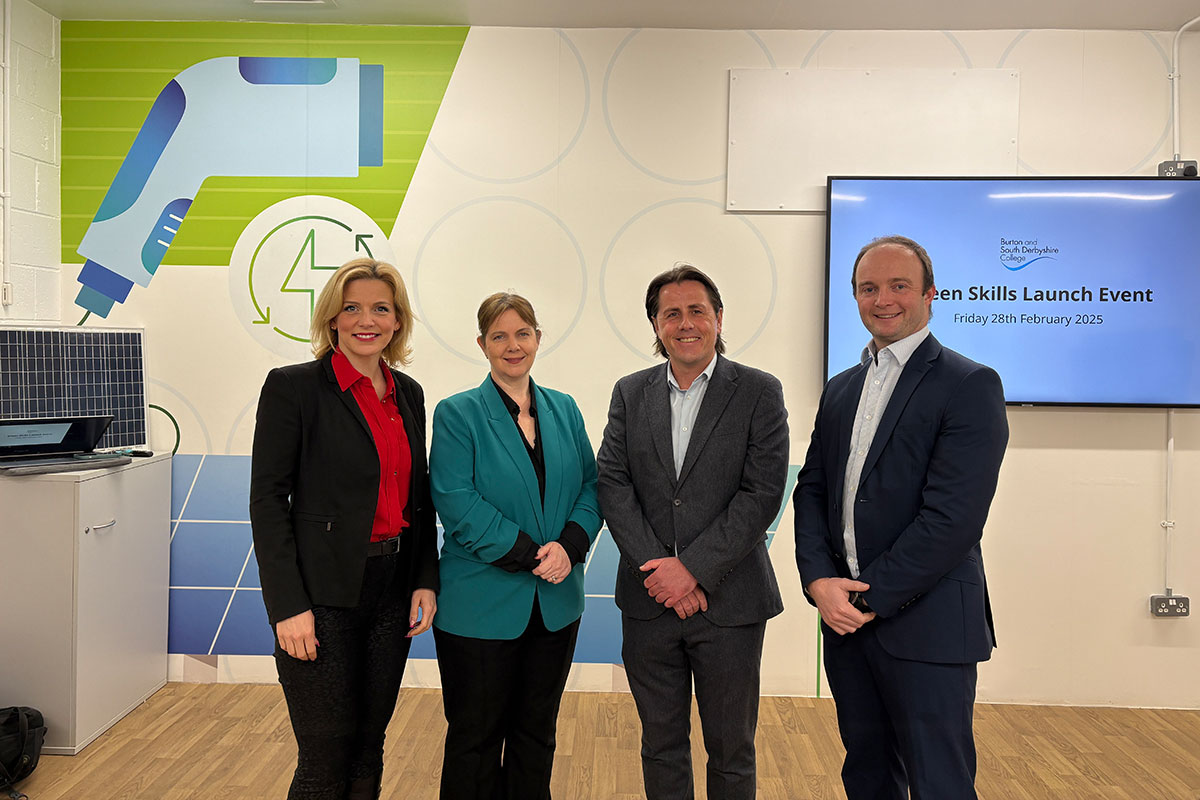
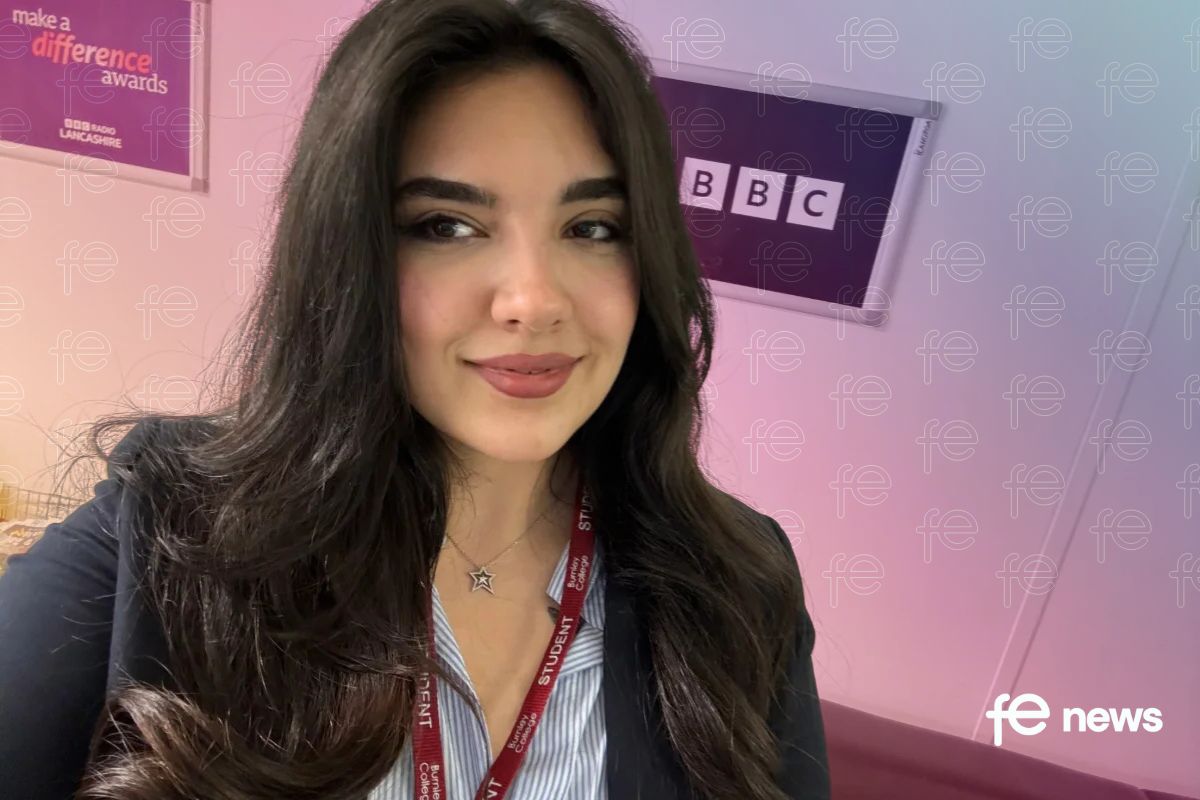
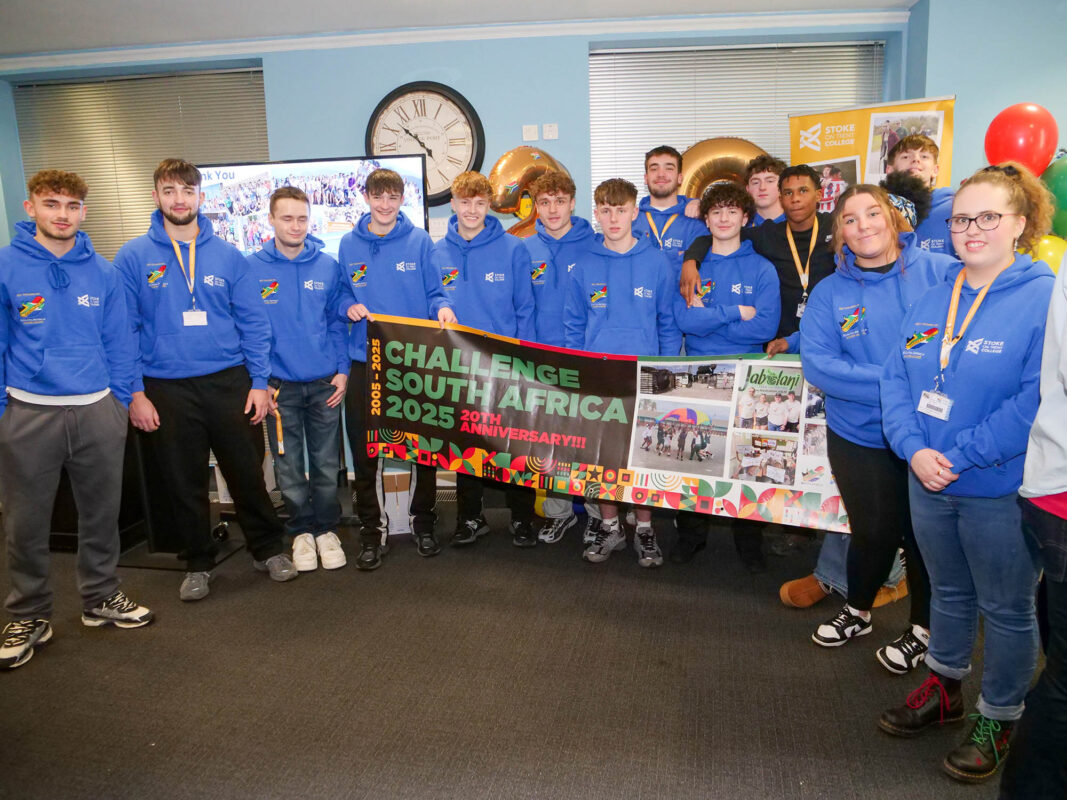
Responses